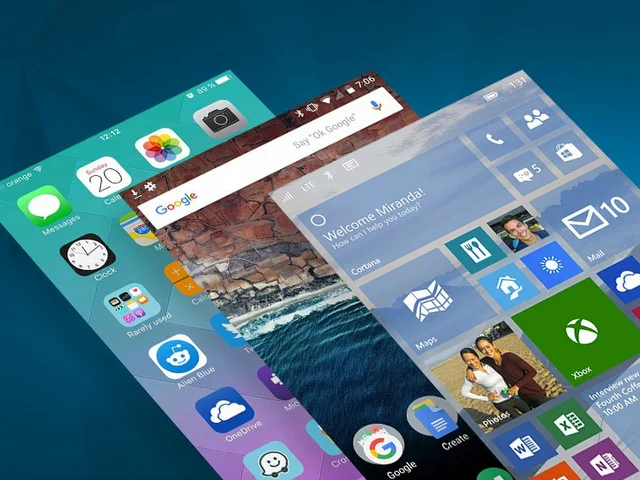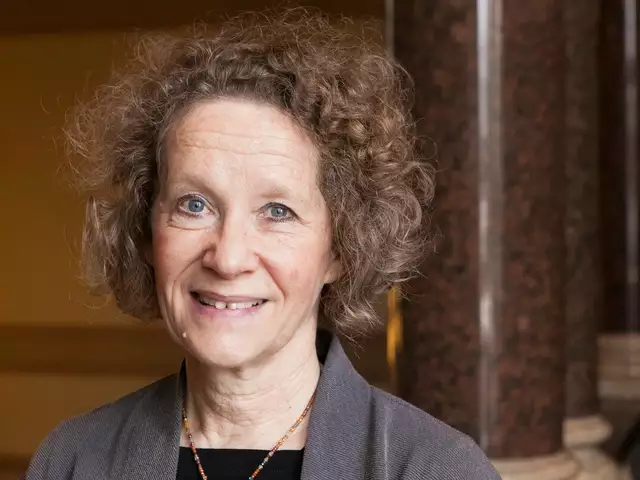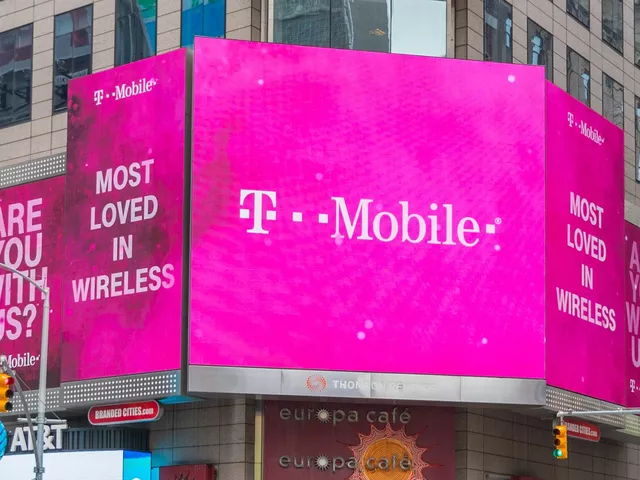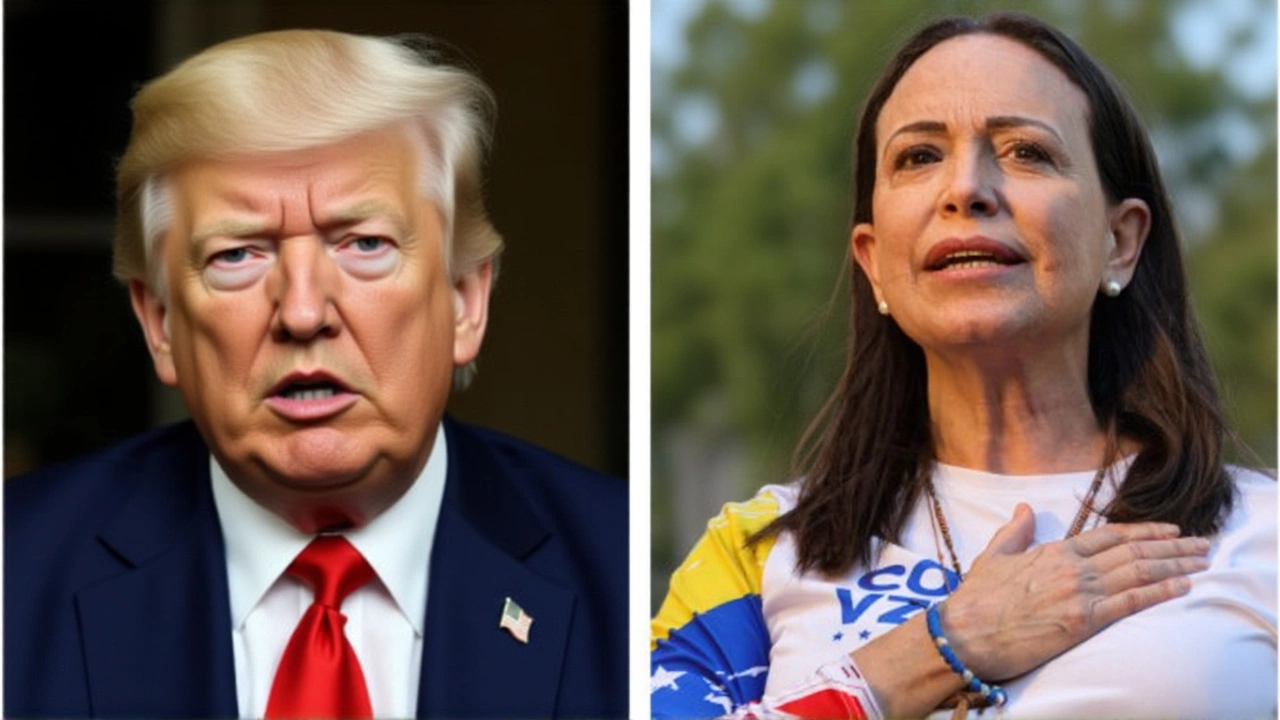
When María Corina Machado, a 58‑year‑old Venezuelan opposition leader, was announced as the 2025 Nobel Peace Prize laureate, the world took a collective breath. The revelation came from the Norwegian Nobel Committee on Friday, October 10, 2025, at 11:00 AM CET in Oslo’s Nobel Institute. Former U.S. President Donald J. Trump—one of 56 individuals and 295 organisations on the shortlist—was conspicuously left out. Committee chair Berit Reiss‑Andersen presided over the ceremony, emphasizing Machado’s “non‑violent struggle for democracy and human rights in Venezuela despite sustained persecution.”
Background: Venezuela’s Tumultuous Path to Democracy
Venezuela has been mired in political and economic crisis for over a decade. Since the 2013 death of Hugo Chávez, President Nicolás Maduro’s administration has faced accusations of electoral fraud, hyperinflation, and mass emigration. Machado, born in Caracas on October 3, 1967, entered politics as a National Assembly deputy (2000‑2005) and later founded the NGO Súmate in 2002 to monitor elections. Her organization grew to 45 full‑time staff and became a vital conduit for citizen‑generated data on voting irregularities.
In the 2023 opposition primaries, Machado secured a staggering 91.7% of the 2.6 million votes cast, a testament to her grassroots appeal. Yet the state‑run National Electoral Council barred her from the 2024 presidential race on January 19, 2024, citing “technical” disqualifications—a move the international community widely condemned.
Nobel Committee’s Decision and Nomination Landscape
The Nobel Institute received 351 valid nominations for the 2025 prize. Among them were high‑profile names like Trump, who was put forward for his role in the 2020 Abraham Accords, and several human‑rights organisations. Aslе Toje, a political scientist and committee member, told Deadline that Trump’s “post‑2020 conduct and the January 6 Capitol incident heavily weighed against him.”
Machado’s dossier highlighted three pillars: her leadership in the 2023 primaries (7.5 million voters across 1,800 polling stations); the “Venezuela Forward” campaign that logged 427,000 verified human‑rights violations between January 2024 and September 2025 via the digital platform La Patilla; and the 2024 “March for Democracy,” which rallied 1.2 million citizens across 237 municipalities despite 87 arrests of organizers.
Official Reactions: From Caracas to Washington
The Venezuelan Ministry of Foreign Affairs, led by Foreign Minister Yván Gil Pinto, issued a scathing statement at 1:30 PM VET, branding the award “imperialist interference” and invoking Decree 4587 to prohibit Machado’s travel abroad until December 31, 2025.
Across the Atlantic, U.S. Acting Secretary of State Elizabeth Sherwood‑Randall welcomed the decision at a 10:00 AM EDT briefing, noting that the State Department would release $15.2 million in frozen Venezuelan assets within 72 hours to fund democracy‑building projects spearheaded by Machado’s network.
European Union High Representative Josep Borrell announced a deployment of 300 election observers for Venezuela’s 2026 regional elections, signalling a broader international endorsement of the prize’s political symbolism.
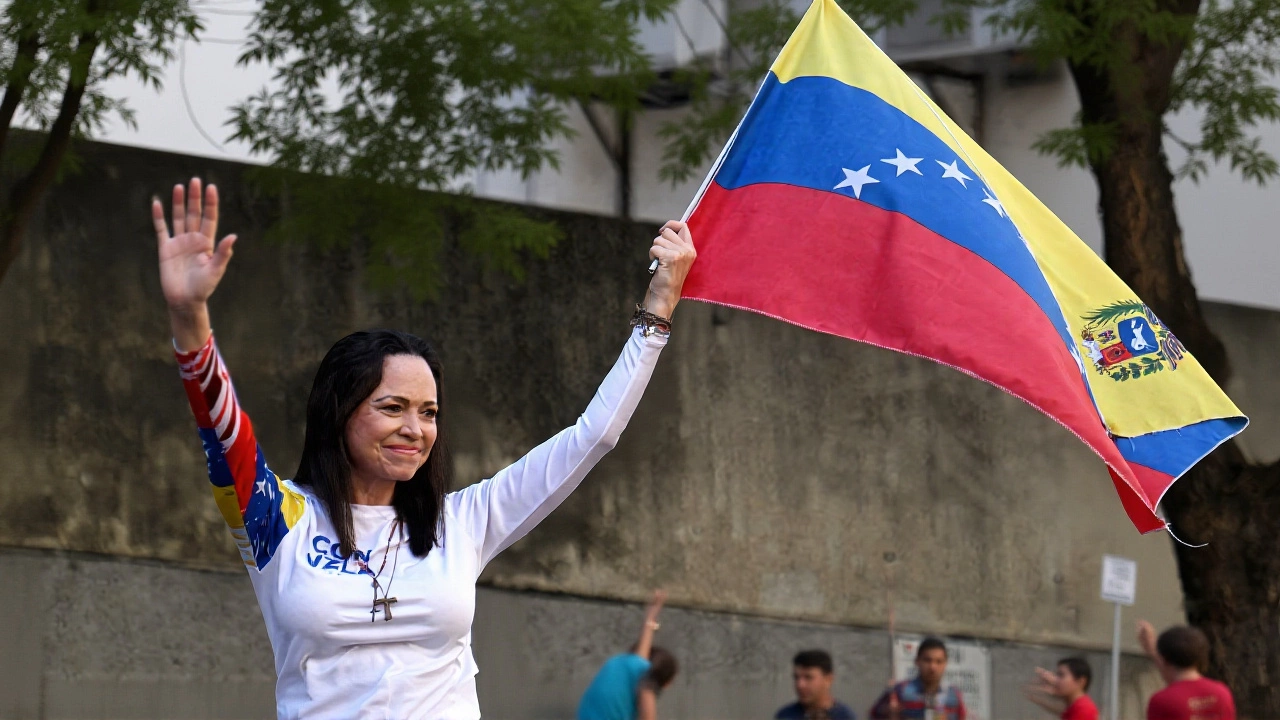
Prize Details and Logistical Hurdles
The award includes 11.0 million Norwegian kroner—about $1,048,500 USD at today’s rate—and will be presented at Oslo City Hall on December 10, 2025, at 1:00 PM CET. Machado’s attendance remains uncertain. Norwegian Immigration Authority Director Siv Hege Røskeland confirmed that “special humanitarian visas” would be fast‑tracked, but Caracas has already declared any foreign travel by Machado a criminal offense.
In a poignant twist, the Nobel Committee highlighted that Venezuela has not claimed a Nobel award since 1997, and Machado becomes only the third Latin American woman to receive the Peace Prize, joining Rigoberta Menchú (1992) and Betty Williams (1976).
Implications: What This Means for Venezuela and the World
For Venezuelans, the prize is a morale boost that validates years of street protests and digital activism. Analysts argue it could pressure the Maduro regime to reconsider the political ban, slated for review on January 15, 2026. The EU’s observer mission, combined with renewed U.S. financial support, may create a modest opening for freer elections.
Critics, however, warn that an external accolade cannot replace domestic reforms. The ban on Machado’s travel illustrates the regime’s determination to contain dissent, and the Nobel gesture might be used by opposition forces as a rallying point rather than a catalyst for policy change.
Internationally, the decision signals a broader trend: Nobel laureates are increasingly chosen for their digital activism and resilience under authoritarian pressure, rather than traditional diplomatic achievements. Trump’s omission underscores the committee’s willingness to factor ethical considerations—like the January 6 fallout—into its calculations.
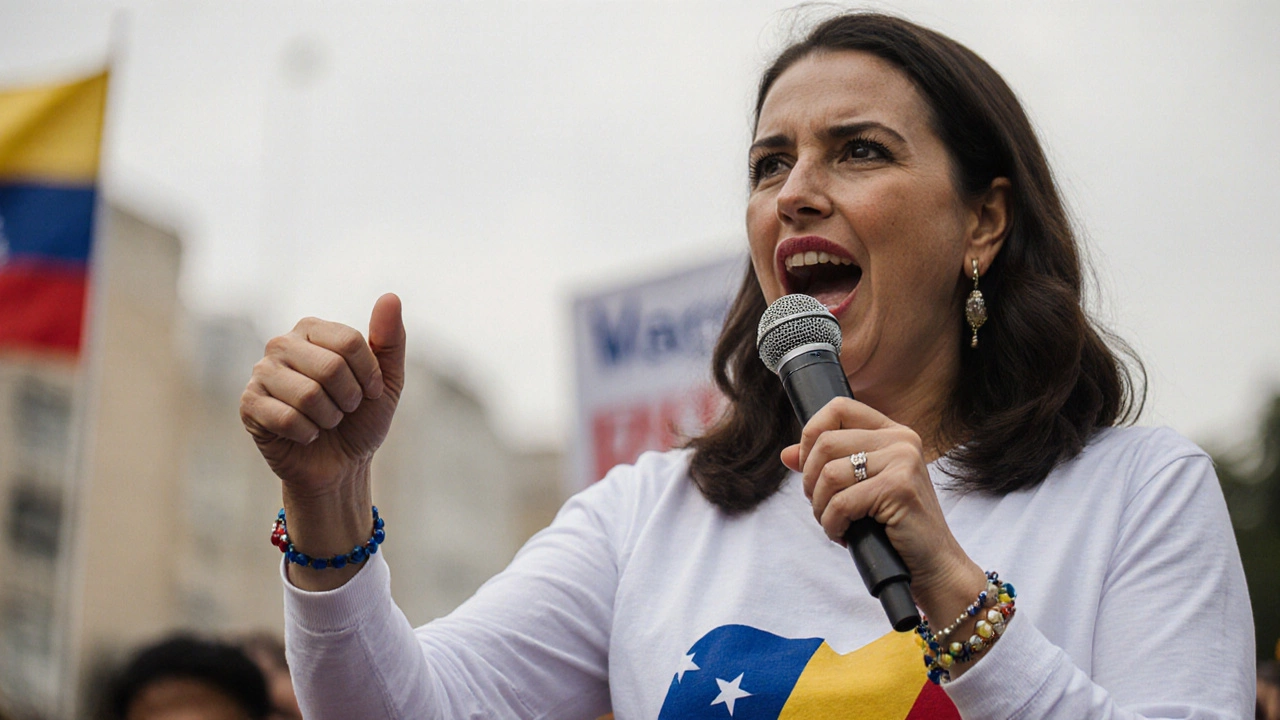
Key Facts
- Recipient: María Corina Machado, Venezuelan opposition leader.
- Prize amount: 11.0 million NOK (~$1.05 million USD).
- Award ceremony: Oslo City Hall, 10 December 2025.
- Nomination count: 351 valid nominations; Trump among 56 individuals.
- Venezuelan travel ban on Machado effective until 31 December 2025.
Frequently Asked Questions
How does the Nobel Prize affect Venezuelan opposition groups?
The prize shines global attention on Machado’s platform, likely boosting fundraising and morale for NGOs like Súmate. It may also pressure the Maduro government to ease restrictions ahead of the 2026 regional elections, though concrete policy shifts remain uncertain.
Why was Donald J. Trump not selected despite his nomination?
Committee member Asle Toje explained that Trump’s post‑2020 actions, especially the January 6 Capitol attack, undermined his candidacy. The Nobel Board emphasized ethical conduct and long‑term impact over short‑term diplomatic achievements.
What are the chances Machado will attend the ceremony in Oslo?
Norwegian officials say humanitarian visas can be fast‑tracked, but Venezuela’s decree prohibits her departure until year‑end. Unless the ban is lifted or a diplomatic workaround is found, her physical presence is doubtful.
What does the prize mean for NATO‑related peace efforts?
While the Nobel award does not directly influence NATO policy, it underscores the growing relevance of democratic resilience in regions dominated by authoritarian regimes, a theme NATO’s strategic communications have begun to echo.
When will the next major review of Machado’s political ban occur?
The Venezuelan government scheduled a review for 15 January 2026. Observers hope international pressure, amplified by the Nobel accolade, will influence the outcome, but the regime has historically resisted external demands.


